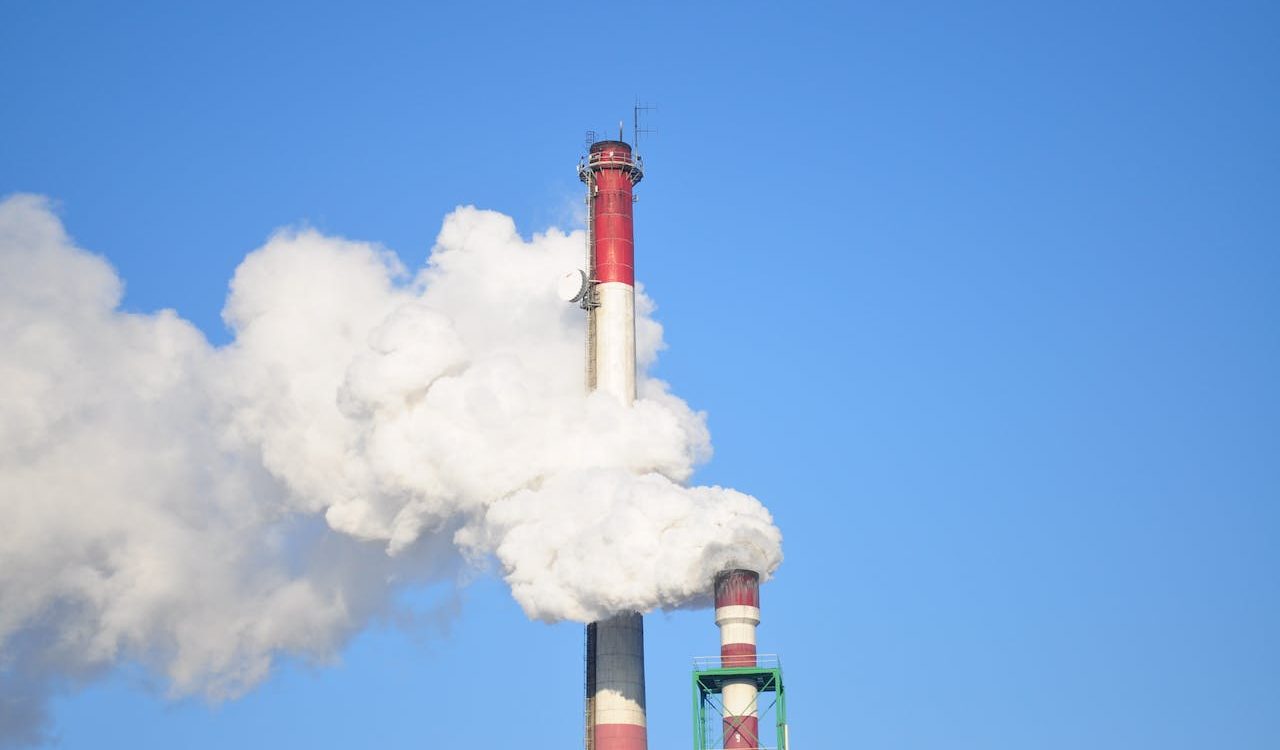UK’s Emissions Climb by 2% in 2022 Amid Post-Pandemic Economic Bounce
Fresh data from the Office for National Statistics (ONS) shows that greenhouse gas emissions in the UK rose by 2% in 2022, a continuation of the 3% surge in 2021 as the nation gradually recovered from the pandemic-induced economic slump.
Unpacking the Data
Early statistics released this week indicate that emissions from UK residents and companies, both domestic and overseas, amounted to 512 million tonnes of carbon dioxide (MT CO2e) in 2022, marking a 2% increase from the previous year. It’s essential to note that this data does not include emissions from foreign entities and visitors within the UK.
Bright Spots Amidst the Rise
Even with the recent surge, there’s a glimmer of optimism. The emission levels for 2022, though elevated, are still 7% beneath the numbers recorded before the pandemic in 2019, which ONS reported at 550 MT CO2e. Sector-Specific Insights: The transportation industry recorded the most significant emissions hike in 2022, registering a 34% increase from 2021. This jump is especially significant, considering the sector saw a 28% reduction in 2020 and a subsequent 9% decline in 2021. Consumer expenditure contributed to a quarter of the UK’s emissions in 2022, with the energy sector following closely at 16%.
Reporting and Benchmarks
In relation to economic yield, for every million pounds of economic activity in 2022, the UK produced roughly 190 tonnes of CO2e, showing a considerable decline from the 67% figure in 1990. The transportation sector, however, saw its emission intensity grow by 20% from the prior year.

The UK employs three primary measures for reporting greenhouse gas outputs, with the ONS metrics being one of them. The other two are territorial emissions (released by the Department for Energy Security and Net Zero) and footprint emissions (by the Department for Environment, Food and Rural Affairs).
Environmental Consequences Explored
The primary greenhouse gases, typically associated with global warming, consist of carbon dioxide (CO2), methane (CH4), nitrous oxide (N2O), hydrofluorocarbons (HFCs), perfluorocarbons (PFCs), sulphur hexafluoride (SF6), and nitrogen trifluoride (NF3).
Concluding Notes
The latest rise in emissions underscores the UK’s challenge in navigating between economic rejuvenation and environmental commitments. Although the uptrend in emissions is a cause for concern, the data can guide future policy-making to ensure a harmonious blend of economic development and environmental preservation.
©globalgreenhouse.eu





